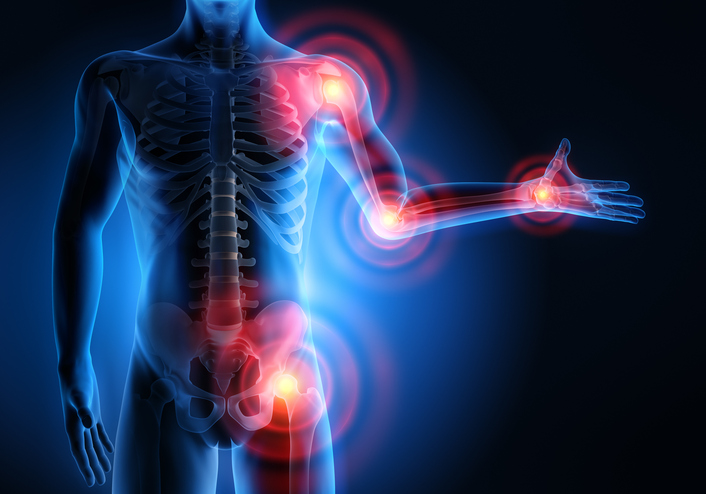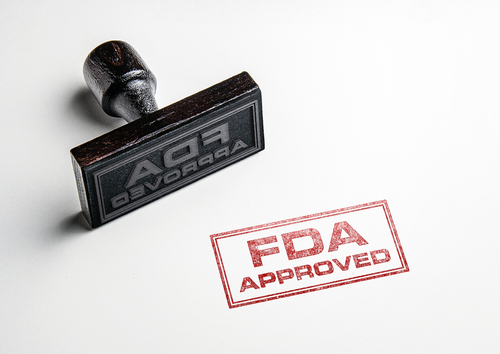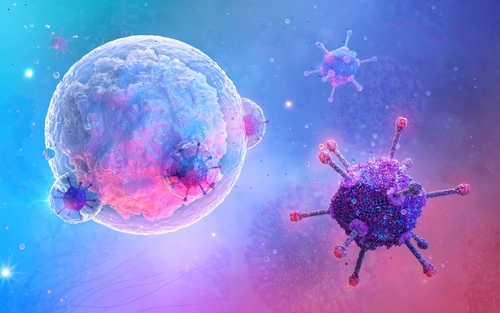
Patients who develop seropositive rheumatoid arthritis (RA) will eventually pass through a period of RA-related autoantibody positivity that is associated with increased levels of cytokines and chemokines. However, various mucosal processes can influence the development of systemic immunity and autoimmunity. In a study published in Nature Reviews Rheumatology, researchers discuss anti-citrullinated protein antibodies (ACPAs) and the mechanisms that drive both the generation and loss of externally focused mucosal ACPA production and promote systemic autoantibody expression.
Our latest #Review is now online: Rheumatoid arthritis and the mucosal origins hypothesis: protection turns to destruction#RheumatoidArthritis #pathogenesis #microbiota
Check it out at https://t.co/IzTuMZbh5U pic.twitter.com/1dCQL9Z35A— NatRevRheumatol (@NatRevRheumatol) August 16, 2018
According to the study, the proportion of individuals who exhibit localized inflammation-associated ACPA production is substantially higher than the likelihood of an individual developing future RA. This lead researchers to the hypothesis that mucosal ACPAs have biologically relevant protective roles. By continuing to research the loss of externally focused mucosal ACPA production and eventually RA development, insights into new therapeutic approaches to prevent RA can be discovered.
#Rheumatoidarthritis and the mucosal origins hypothesis: protection turns to destruction #Microbiome #PrecisionMedicine https://t.co/EL2RUEI6do
— Dr. Thomas Wilckens (@Thomas_Wilckens) August 16, 2018
“Novel autoimmune-promoting processes are likely to be identified that function primarily, or exclusively, in the preclinical period of RA and could be the targets for new prevention strategies,” the researchers concluded.
For more about rheumatoid arthritis, check out an article on smoking and incident rheumatoid arthritis.
SOURCE: Nature Reviews Rheumatology







 © 2025 Mashup Media, LLC, a Formedics Property. All Rights Reserved.
© 2025 Mashup Media, LLC, a Formedics Property. All Rights Reserved.